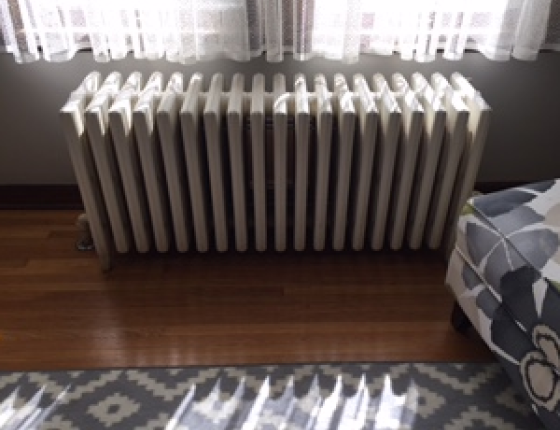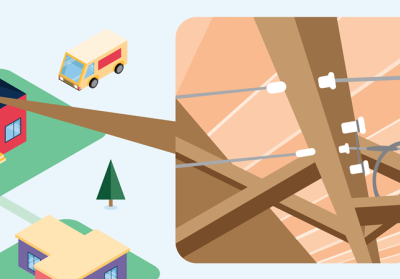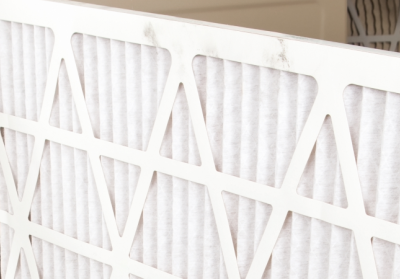What to Know When Replacing Your Boiler
What you need to know and think about when replaicing your home's boiler system.
When should a boiler be replaced?
CEE recommends replacing a boiler when it is 25 years old or older. A boiler may work beyond this age, but it will operate less efficiently and is more likely to need more frequent repairs as it ages. This means that you will pay more to heat your home as your boiler ages.
Why should I replace my boiler before it breaks?
Replacing a boiler before it breaks is best, as installing a new boiler can be expensive and it is important to have enough time to research and select the right boiler for your home. Choosing from a number of options is more difficult when your boiler breaks on a cold winter day after you waited too long to upgrade. Being without heat will make you more likely to install whatever is most immediately available, which may or may not be the most energy efficient model. And since this is a decision that is made only every 25 years, you don’t want rush it!
What should I replace my current boiler with?
When you replace your current system, upgrade to a condensing boiler that is at least 90 percent AFUE. AFUE stands for Annual Fuel Utilization Efficiency, which is a measurement of how efficiently your boiler uses fuel. Boilers can have an AFUE rating as high as 98 percent. Discuss what efficiency level is right for your home with your contractor and learn more about efficiency levels and their implications through CEE’s research on condensing boilers through the link below.
90-plus percent AFUE efficient boilers are not only more efficient, but also safer than less efficient models, because they have sealed combustion venting. Most 80 percent AFUE boilers have natural draft venting, which can result in exhaust gases potentially spilling back into your home. Over time, this can cause health problems and indoor air quality issues. Sealed combustion venting prevents spilling because its forces its exhaust gases outside. As the gases move outside from the boiler, they are contained in a completely sealed vent.
It is especially important to be mindful of how your heating system is vented if you are considering insulating and air sealing your home. If your natural draft boiler is spilling gases into your home, the best way to stop this is with an upgrade to a boiler with sealed combustion venting.
What about my original gravity boiler?
Some older homes have their original gravity boilers. While these simple systems are unlikely to breakdown, they are incredibly inefficient and therefore expensive to operate. Many of them do not operate above 60 percent AFUE, compared to the standard 80 percent AFUE and above of today.
If you have a gravity boiler system, replacement is particularly cost-effective because you are making a significant jump in efficiency.
What will you pay?
New high-efficiency boilers can cost between $11,000 and $12,500. This is a significant investment, but the good news is that because we use our boilers quite a lot in a cold climate, we will see it pay off much sooner than it would in other areas of the country. Before starting this project, check to see if your natural gas utility has rebates for high-efficiency boilers. There may also be tax credits available. Additionally, CEE’s nonprofit lending program offers low-interest financing for boilers and other energy efficiency projects.
To help maximize the benefits of your new system, get a programmable or smart thermostat installed at the same time.
Outside Resources

Questions about your home energy? Let's talk!



